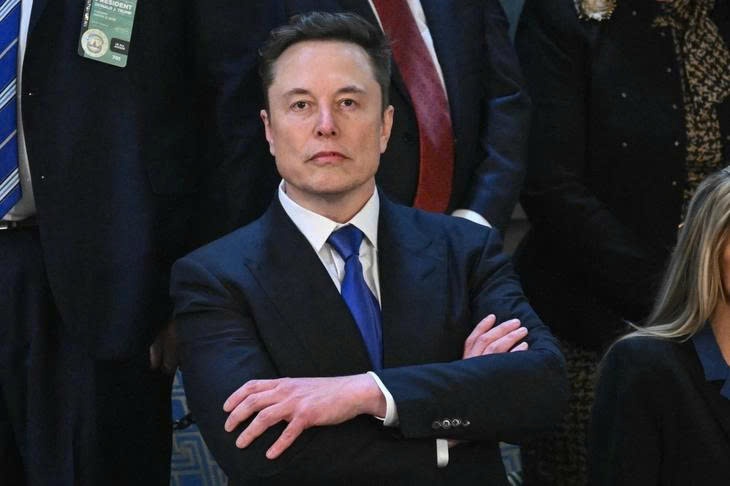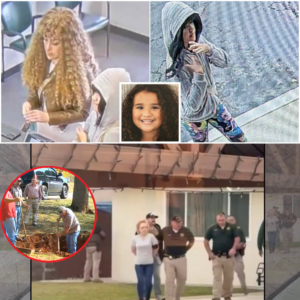Elon Musk has once again sent shockwaves through the tech world with the announcement of Macrohard, a groundbreaking venture billed as the first company in the world to operate entirely without human employees. Unveiled on August 22, 2025, Macrohard is a “purely AI” software company under Musk’s xAI umbrella, designed to rival industry titan Microsoft. With a name that playfully jabs at its competitor—swapping “micro” for “macro” and “soft” for “hard”—Macrohard is no mere gimmick. Powered by the colossal Colossus supercomputer and fueled by Musk’s audacious vision, this project is poised to redefine the future of software development and spark debates about the role of human labor in tech.

Unlike traditional companies, Macrohard operates with zero human staff. Every task—from coding and testing to interface design and marketing—is handled by a sophisticated network of AI agents. These agents, developed by xAI, mimic the roles of a conventional software firm, acting as virtual engineers, testers, designers, and product managers. They collaborate within a simulated environment, refining products before they hit the market. Musk’s brainchild leverages the immense computing power of Colossus 2, a Memphis-based supercomputer potentially equipped with millions of Nvidia GPUs, making it one of the most formidable AI training systems ever built. This infrastructure allows Macrohard to execute complex tasks at unprecedented speed, challenging the very structure of the software industry.
The venture’s ambitions are as bold as its name. Musk has made no secret of his intent to take on Microsoft, which dominates with products like Windows, Office, Azure, and Copilot. In a post on X, he threw down the gauntlet: “Engineers, join xAI and Macrohard. Microsoft is no longer the future of AI.” Macrohard’s AI-driven approach aims to streamline software creation, eliminating the need for the tens of thousands of human engineers employed by traditional tech giants. By automating every stage of development, Musk envisions a leaner, faster, and potentially more innovative model—one that could disrupt how software is conceived, built, and delivered.

The project’s roots trace back to xAI’s mission to accelerate human scientific discovery. Macrohard is tightly integrated with xAI’s Grok chatbot, which revealed details about the company’s goals. According to Grok, Macrohard will develop AI agents specialized in coding, image generation, and workflow automation, creating a seamless, self-sustaining system. On August 1, 2025, xAI filed a U.S. trademark for Macrohard, covering AI-driven software for speech, text, and even video game development, signaling a broad scope that could challenge multiple sectors. This isn’t just about office tools—it’s about reimagining what a company can be.
The announcement has sparked both excitement and unease. Tech enthusiasts on X are buzzing, with posts calling Macrohard “Musk’s wildest move yet” and predicting it could “flip the software game.” But the concept of an employee-free company raises serious questions. Industry analysts warn that if Macrohard succeeds, it could displace millions of jobs in IT, particularly in outsourcing and software services. The idea of AI fully replacing human creativity and decision-making has been dubbed a “threat to intellectual labor,” with some labeling Macrohard the “first autonomous AI company.” Critics fear it could widen the gap between tech innovators and the workforce, while supporters see it as a leap toward efficiency and progress.

Musk’s track record of turning bold ideas into reality lends weight to Macrohard’s potential. From reusable rockets at SpaceX to electric vehicles at Tesla, he has consistently defied skeptics. Yet, Macrohard’s success hinges on uncharted territory: can AI truly replicate the nuanced collaboration of human teams? The world is watching, with some calling it a historic pivot and others a “crazy experiment.” Either way, Macrohard is forcing a reckoning about the future of work, technology, and competition in an AI-driven age. Will Macrohard redefine the industry, or is it Musk’s boldest gamble yet?

